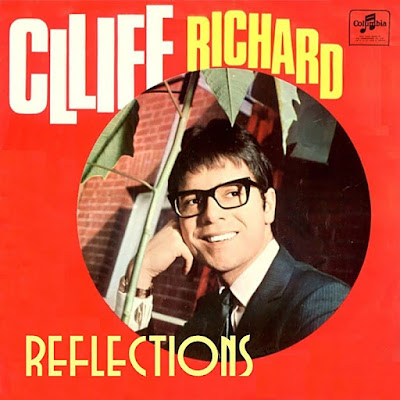Her first single was released in 1972, with 'Rolling Stone' reaching number 1 in the Portuguese charts, but failing everywhere else. This was actually a solo single, with the backing coming from Duncan Browne, Peter Frampton and Alan White among others, but after the failure of the single Most allowed her to audition for a band to accompany her. At the same time he introduced her to the songwriting and production team of Nicky Chinn and Mike Chapman, who could write songs specifically to align with her image, which at the height of the glam rock period of the 1970's was leather clothes, a wild androgynous persona, and chugging hard rock music. In May 1973, her second single (and first Chinnichap composition) 'Can The Can' was a No. 1 hit in parts of Europe and Australia, and this was followed in quick succession by three further hits in '48 Crash', 'Daytona Demon' and 'Devil Gate Drive', all charting within an eight month period. By 1975 her chart success had started to falter, with 'Your Mamma Won't Like Me' only being a moderate success in the UK, while both 'I Bit Off More Than I Could Chew' and 'I May Be Too Young' failed to reach the UK Top 50. It would be 1978 before the more mellow 'If You Can't Give Me Love' returned her to the charts, and later that year a duet with Smokie's Chris Norman on 'Stumblin' In' gave her a No. 4 hit in the US. She has continued to record and release albums, right up to 'No Control' in 2019, but she also has parallel careers as a stage actress in shows like 'Annie Get Your Gun' and 'Tallulah Who?', and as a radio DJ with her own rock and roll radio show on BBC Radio 2. Like many artists for whom Chinnichap wrote hit singles, Quatro was allowed to write the songs for the b-sides of her singles (so as not to waste another potential Chinnichap hit), and these tended to be very different from the glam-rock A-sides, showing her own songwriting skills, either on her own or with her band. This overview of her career takes in tracks from The Pleasure Seekers and Cradle, a 1971 demo that she recorded for Mickie Most, both sides of that Portuguese Number 1, three big UK hits that never appeared on her albums, and numerous self-penned b-sides.
Track listing
01 Mr Power (by The Pleasure Seekers 1968)
02 Living Machine (by The Cradle 1969)
03 Curly Hair For Sale (demo 1971)
04 Rolling Stone (single 1972)
05 Brain Confusion (For All The Lonely People) (b-side of 'Rolling Stone')
06 Ain't Got No Home (previously unreleased)
07 Can The Can (single 1973)
08 Ain't Ya Somethin' Honey (b-side of 'Can The Can')
09 Little Bitch Blue (b-side of '48 Crash' 1973)
10 Daytona Demon (single 1973)
11 Roman Fingers (b-side of 'Daytona Demon')
12 Devil Gate Drive (single 1974)
13 I Wanna Be Free (b-side of 'Too Big' 1974)
14 In The Morning (b-side of 'Devil Gate Drive')














